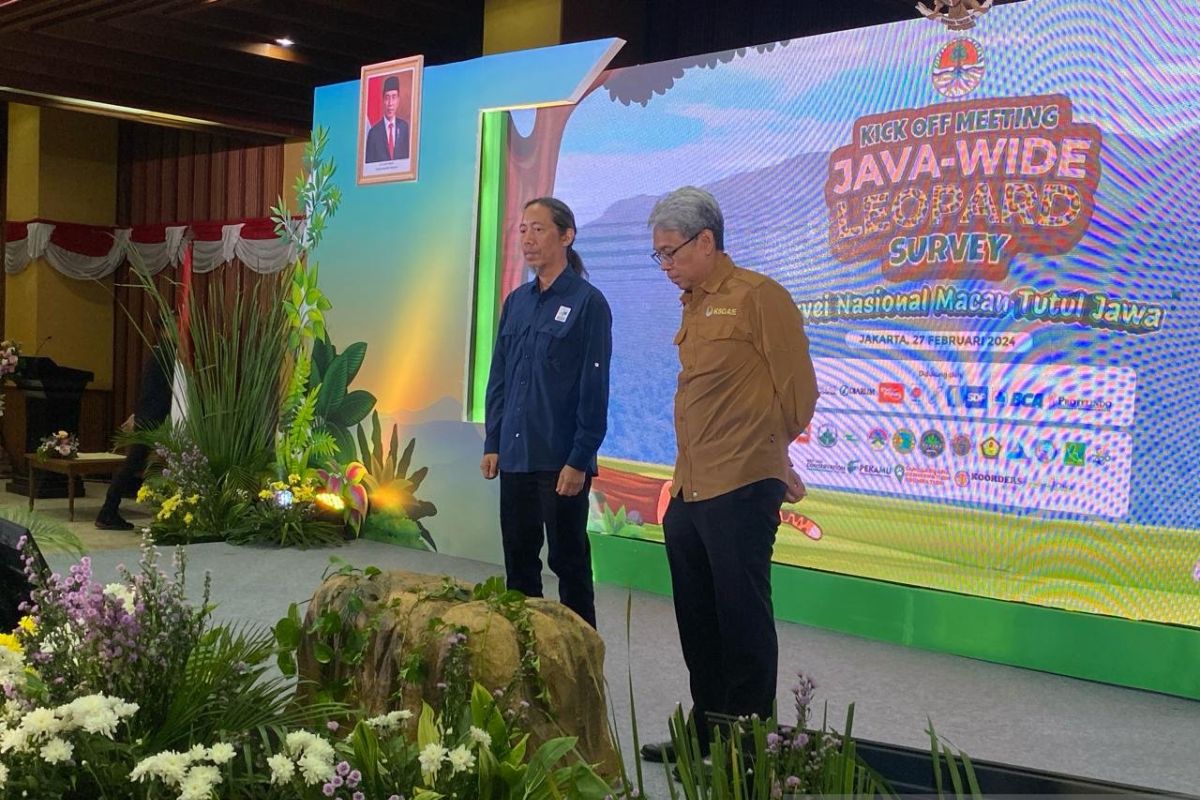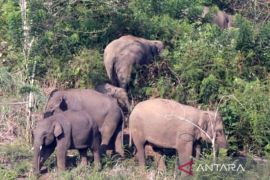"Lately, we have heard of many conflicts between Sumatran tigers and farmers. We must examine several reasons further," the ministry's Director General of Natural Resources and Ecosystem Conservation, Satyawan Pudyatmoko, stated at the Java-Wide Leopard Survey, here on Tuesday.
According to Pudyatmoko, several factors that might be causal to the rising conflict between human and animals include the increase in population.
The rising population of tigers, as top predators in an ecosystem, that is not followed by an increase in the number of preys will cause conflict, he remarked.
On the other hand, the declining population of predators can make the population of prey animals, such as monkeys, to increase.
For instance, there were reports of long-tailed macaques (Macaca fascicularis) entering farmlands ahead of the dry season.
"This is the root of the problem. It is very complex. We must restore a healthy ecosystem, so that there is a (system of) check and balance. Hence, when the prey population increases, there must be predators that reduce it," Pudyatmoko remarked.
In addition, some non-native species that enter the ecosystem, such as the presence of wild dogs in the national forests and parks, can pose a threat to native prey populations, which lead to native predators attacking the residents' livestock.
"We must pay attention to the balance of the ecosystem, which must be controlled by top predators," he stated.
Recently, reports were received of tiger-human conflicts, including the death of a resident in West Lampung after being attacked by a tiger on February 22, 2024.
Related news: Aceh BKSDA sanguine about communities sharing space with wildlife
Related news: Saving sea turtles paramount to maintaining healthy marine ecosystem
Translator: Prisca V, Kenzu
Editor: Azis Kurmala
Copyright © ANTARA 2024












